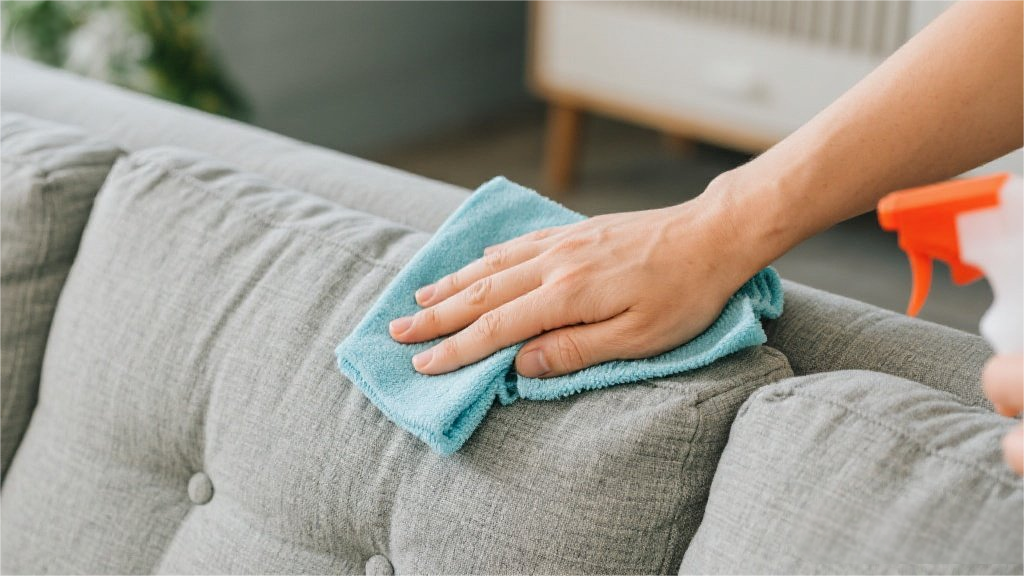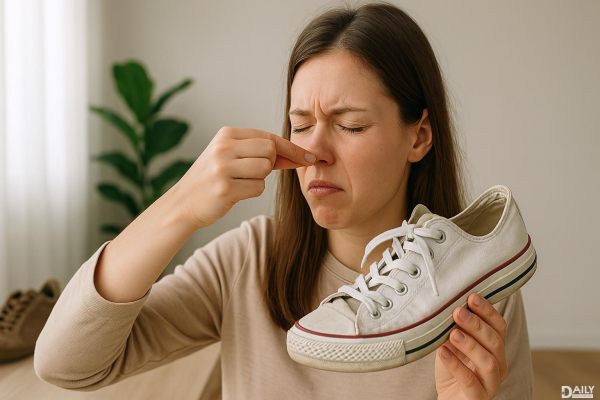If you're struggling to drift off at night, the solution might be as simple as reaching for the right snack. Certain foods naturally contain melatonin, the hormone that regulates sleep, making them perfect for a pre-bedtime bite. Instead of relying on supplements, which can have long-term risks, you can boost your melatonin levels through delicious, sleep-friendly snacks. Here’s how to snack your way to better sleep.
Why Melatonin Matters for Sleep
Melatonin is your body’s built-in sleep signal. When darkness falls, your brain releases this hormone to prepare you for rest. But modern life—hello, late-night scrolling and blue light—can mess with your natural melatonin production. That’s where food comes in. Certain ingredients contain melatonin or its precursors, helping your body ease into sleep mode without synthetic supplements. Plus, eating a small, balanced snack before bed can stabilize blood sugar, preventing those 3 a.m. wake-ups.
Top Melatonin-Rich Foods to Try
Not all bedtime snacks are created equal. If you want to maximize melatonin intake, focus on these sleep-inducing superstars:
Tart Cherries: These little red powerhouses are one of the few natural food sources of melatonin. Studies suggest that drinking tart cherry juice can increase melatonin levels and improve sleep quality. Try a small glass of unsweetened cherry juice or a handful of dried cherries about an hour before bed.
Almonds: Packed with magnesium and healthy fats, almonds also contain trace amounts of melatonin. Magnesium helps relax muscles and calm the nervous system, making almonds a double-duty sleep aid. A small handful (about 1 oz) is all you need—just don’t go overboard, as nuts are calorie-dense.
Bananas: Besides being rich in potassium (which helps prevent nighttime leg cramps), bananas contain tryptophan, an amino acid that converts to serotonin and then melatonin. Pair a banana with a tablespoon of almond butter for a sleep-friendly combo.
Timing and Portion Control Matter
Even the best sleep snacks can backfire if you eat too much or too close to bedtime. A heavy meal right before bed can trigger indigestion, while eating too early might leave you hungry at 2 a.m. Aim for a small snack (around 150-200 calories) about 30-60 minutes before hitting the sheets. This gives your body time to digest while still reaping the melatonin benefits.
Foods That Can Sabotage Sleep
While some foods help you snooze, others can keep you wide awake. Avoid these sleep disruptors in the evening:
Caffeine: It’s not just coffee—dark chocolate, some teas, and even decaf (which still has trace caffeine) can linger in your system for hours.
Spicy or Acidic Foods: Heartburn and sleep don’t mix. Skip the hot sauce and citrus close to bedtime.
High-Sugar Snacks: That candy bar might cause a blood sugar crash later, jolting you awake. Opt for complex carbs like whole-grain toast instead.
Beyond Snacks: Other Natural Sleep Boosters
Food isn’t the only way to encourage melatonin production. Try these additional strategies for better sleep:
Dim the Lights: Bright artificial light suppresses melatonin. Swap overhead lights for lamps or candles in the evening.
Stick to a Schedule: Going to bed and waking up at consistent times helps regulate your internal clock (and melatonin release).
Cool Down: A slightly cooler room (around 65°F) mimics the natural temperature drop that occurs at night, signaling it’s time to sleep.
With the right snack and a few lifestyle tweaks, you can work with your body’s natural rhythms instead of fighting them. Sweet dreams—literally.
























